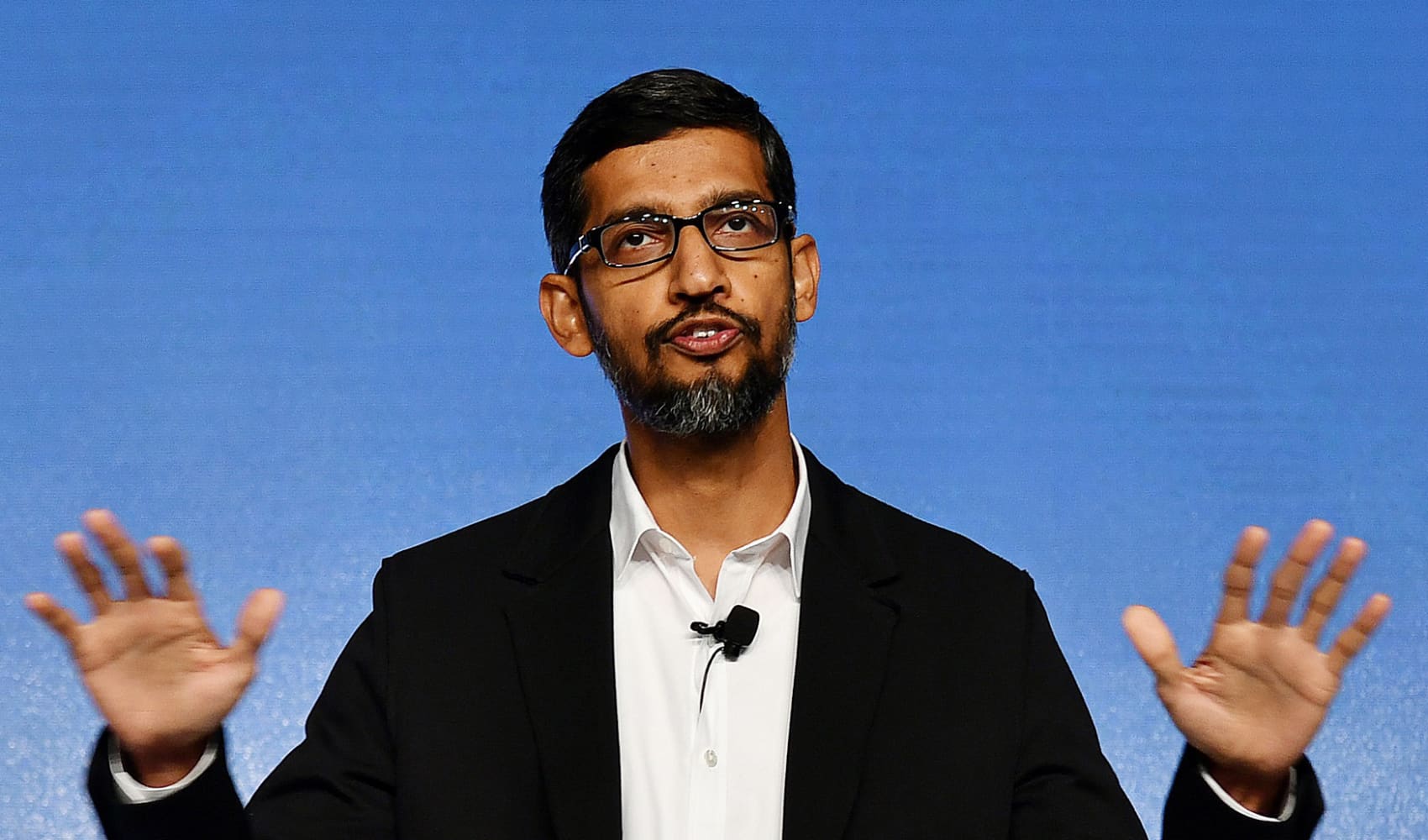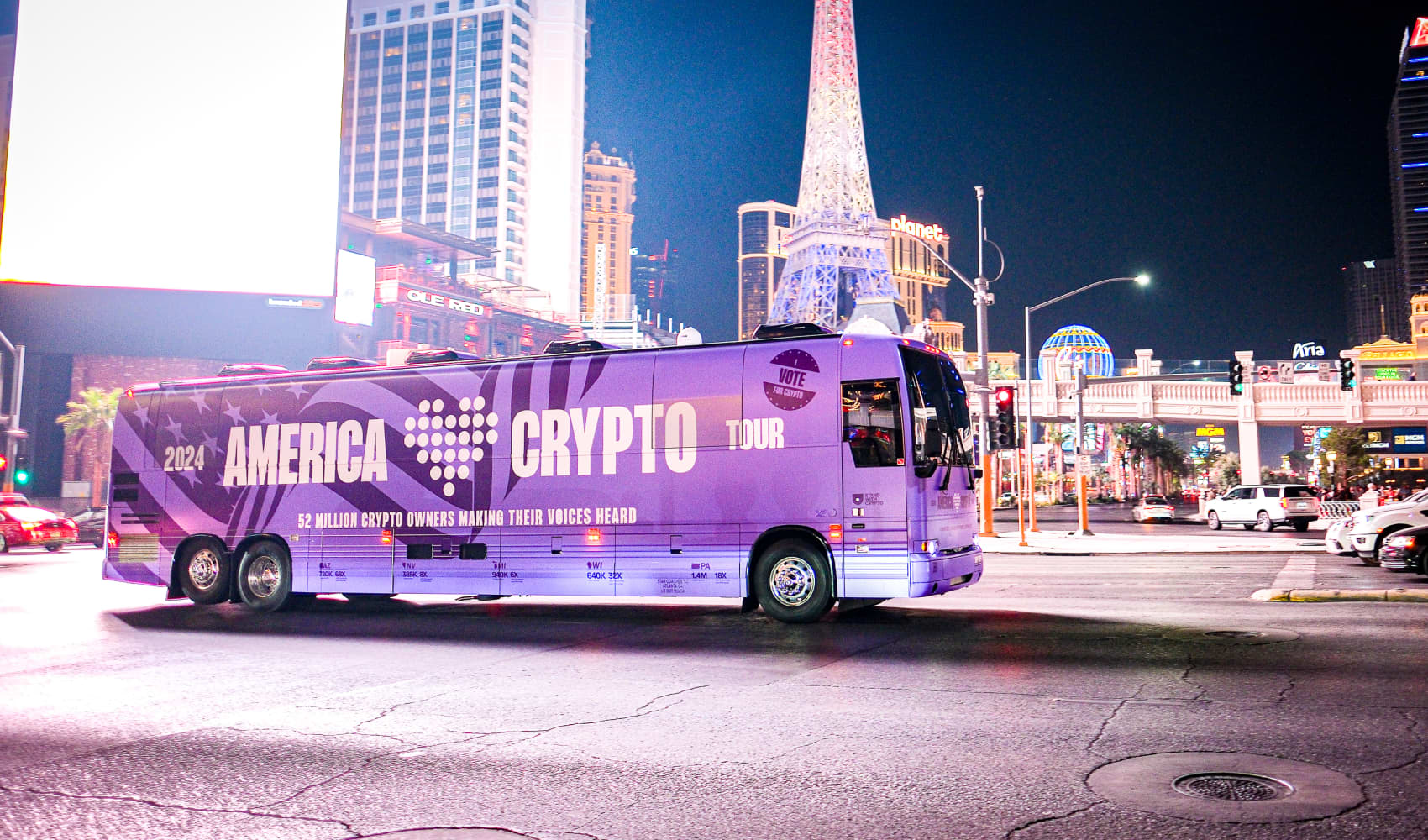
- The price of a lab-grown diamond is five times cheaper than a natural diamond, but they are both chemically identical.
- More and more Millennial and Gen Z shoppers have been captivated by the so-called LGDs because of their price point, analysts told CNBC.
- This is mostly driven by India's youth population that is being attracted to LGDs due to its affordable price point.
- However, demand for natural diamonds will not fade any time soon as many consumers see LGDs as a starting point and will upgrade away from it in due time, Tehmasp Printer, CEO of the International Gemological Institute said.
Demand for lab-grown diamonds in India has grown steadily, but naturally mined diamonds won't be losing their sparkle any time soon, industry experts say.
India currently has the world's largest youth population. More and more millennial and Gen Z shoppers have been captivated by the so-called LGDs because of their price point, analysts told CNBC.
The price of a lab-grown diamond can be five times cheaper than a natural diamond, but they are both chemically identical.
According to Limelight Diamonds, one of India's largest LGD jewelry brands, a natural diamond is priced at around $6,000 per carat while its LGD counterpart is just $1,200.
Both are also graded based on the 4Cs — clarity, color, cut and carat — the widely accepted standard characteristics to determine a diamond's value and quality.
Sales of LGDs have skyrocketed as buyers in India who were previously unable to purchase diamonds due to their high cost now feel they can enter the market.
Money Report
"Previously, less than 5% of Indian women were able to afford natural diamonds," said Pooja Sheth, founder and managing director of Limelight Lab Grown Diamonds.
"But consumers are feeling it's more value for money to purchase a lab grown diamond and there is a huge amount of incremental demand from new purchases who have never bought a diamond before," she commented.
Get a weekly recap of the latest San Francisco Bay Area housing news. Sign up for NBC Bay Area’s Housing Deconstructed newsletter.
India is currently the second-largest lab-grown diamond producer, behind China which accounts for at least half the world's production.
Edahn Golan, the CEO of Edahn Golan Diamond Research and Data, said he's optimistic the South Asian nation could soon be No. 1.
China's LGD market is bigger in terms of production, but it is not polishing as many gems as India, Golan explained. "The technology that is used in India is far more sophisticated, and has much more room for improvement over time in the future," he told CNBC in a phone interview.
"China can make more diamonds with the technology they are using, but India can make more, and make them better."
Chance to upgrade?
Limelight Diamonds has sold 10,000 carats worth of LGD jewelry from April 2022 to March this year, according to the company. Sheth claimed the company has already seen nearly twice as much sales from just April to September this year.
However, Sheth pointed out that many buyers are not necessarily spending less when buying LGDs.
"Lab grown diamonds have provided a purchasing upgrade. Even though prices are cheaper, many are not reducing their budgets," she said.
"They are either upgrading themselves with a bigger rock, or buying a pendant and [a pair of] earrings with that."

Much of the optimism surrounding LGDs in India can be attributed to Prime Minister Narendra Modi's state visit to the White House in June when he gifted First Lady Jill Biden a 7.5 carat gem that was made in the South Asian nation.
"The perception towards lab grown diamonds suddenly changed and that really altered the growth of lab grown diamond acceptance in the country," Sheth said.
"It's about opening up an entire segment of Indian audiences that have not been able to purchase diamonds before."
Natural diamonds still dazzle
Despite much optimism, LGD buyers still view the jewel as an entry point to the diamond market and will most likely purchase natural diamonds when they have a more purchasing power in future, analysts told CNBC.
"Lab-grown diamonds are now the talk of the day. But If you have enough money floating around, you'll essentially buy a naturally mined diamond," said Tehmasp Printer, CEO of the International Gemological Institute.
"Millennials and Gen Zs may opt for a LGD when they want to get married, but switch to a naturally mined diamond down the road," Printer told CNBC.
"If you have a Toyota, you'll want to buy a lower end BMW after before you finally get a [Mercedes-Benz] S-Class. It's a question of upgrade."

Paul Zimnisky, CEO of Paul Zimnisky Diamond Analytics, agreed.
The growth of the LGD market will not make a marginal shift on natural diamond sales, Zimnisky said.
"Man-made diamonds represent around 20% of the total industry in the value sold. It was basically zero 10 years ago, so it has been growing rapidly on a relative basis," he said.
"But I think it would be incorrect to say that's the primary reason why the diamond price is softer this year. It's mostly a return to normalization."
Zimnisky highlighted that spending on jewelry increased when Covid restrictions were lifted globally, pushing diamond prices to their peak in February 2022.
Prices have come down by 25% since then, according to Zimnisky's Global Rough Diamond Index.
Data from the analytics firm predicted that demand for global diamond jewelry will fall to $81 billion this year from $89 billion in 2023, which is still higher than $75 billion in 2019, before the pandemic hit.
However, Zimnisky cautioned that trouble could be round the corner for LGDs if prices for the gem continue to fall too because of how rapidly they are being produced.
"I think the price at retail isn't reflective of how low the raw material prices are and the retail price for the man-made diamond could certainly continue to go lower ... that's the risk for the lab diamond industry," he warned, predicting that a three-carat LGD solitaire ring could eventually sell "well under $1,000."






